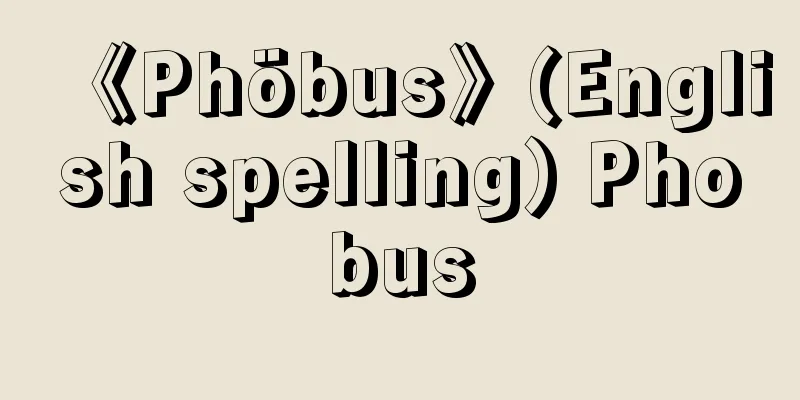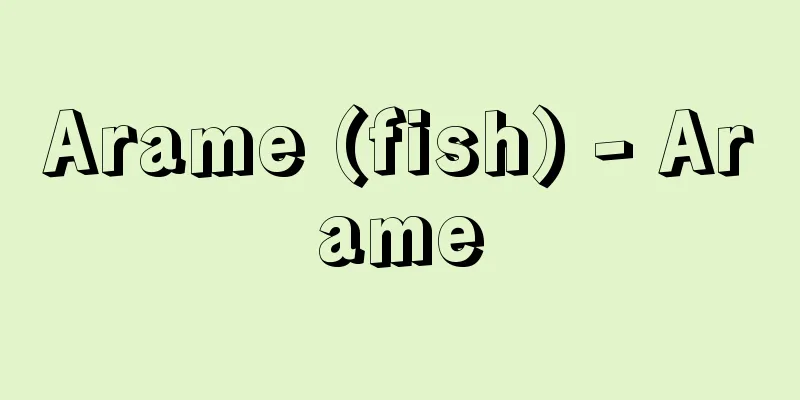Intelligence - Intellect

|
In a broad sense, intellect refers to the human cognitive ability, including sensory perception, but in a narrow sense, intellect refers to the intellectual ability of the three faculties of knowledge, emotion, and will, and refers to the intellectual ability to think and recognize things through concepts, unlike emotions and will. In the Middle Ages and in Western philosophy of the 17th and 18th centuries, the infinite intellect of God, which can see everything intuitively in an instant, was contrasted with the finite intellect of humans, which can only recognize things quantitatively using concepts. The traditional definition of truth since the Middle Ages, "truth is the agreement of intellect and things," originally meant that the finite intellect of humans matched the order of nature planned and created by the intellect of God, but since the early modern period, the focus has been placed on the human intellect, and things are considered true only to the extent that they match the human intellect. Some, such as pragmatism, view human intellect as an extension of the intelligence of animals and nothing more than the ability to adapt to a given environment. [Yoshiaki Utsunomiya] [Reference] | |Source: Shogakukan Encyclopedia Nipponica About Encyclopedia Nipponica Information | Legend |
|
広義では感覚的な知覚作用をも含めた人間の認識能力をさすが、狭義では知情意のうちの知の能力が知性で、感情や意志と違って、事柄を概念によって思考したり認識したりする悟性的な能力をさす。また中世や17、8世紀の西洋哲学では、すべてを一瞬のうちに直覚的に洞察する神の無限的な知性に、概念を用いて比量的にしか事柄を認識できない人間の有限的な知性が対置された。「真理は知性と物との一致である」という中世以来の伝統的な真理規定も、初めは神の知性によって計画され、創造された自然の秩序に、人間の有限的知性が合致することを意味していたが、近世以来人間の知性の側に重心が置かれるようになり、事物は人間知性に合致する限りにおいて真とみなされることになる。なおプラグマティズムのように、人間の知性も動物に備わる知能の延長で、与えられた環境に適応する能力にほかならないという見方もある。 [宇都宮芳明] [参照項目] | |出典 小学館 日本大百科全書(ニッポニカ)日本大百科全書(ニッポニカ)について 情報 | 凡例 |
Recommend
Cochlear Canal (English)
…During this time, a new traveling wave that osci...
Memory protection - memory protection; storage protection
This refers to protecting the contents of a certai...
Kanto Koyasan
...Mt. Taihei faces the plains and is full of ups...
Kineya Rokuzaemon (12th generation)
Born: March 14, 1839 (Tenpo 10). [Died] August 31,...
Mint - Inuyamahakka
…It is not a substitute for mint. The leaves of t...
Fuchu [town] - Fuchu
A former town in Fushiki-gun, central Toyama Prefe...
Konrad von Megenberg
1309?‐74 A medieval European theologian and author...
Baule
...However, the way in which they do this varies ...
Larivey, P.de (English spelling) LariveyPde
...Comedy was also imitated by the ancients, but ...
Lost Generation
A generation of Americans who experienced the deva...
Servants of India Society
He joined the Congress Party and served as chairm...
Cushion plant
…When both of these environments become dry, ephe...
Eisenstein
Russian film director. Born in Latvia. He had a ma...
Umberricht–Lundborg syndrome
...The atonic seizures show generalized polyspike...
Startle response
A strong psychological reaction, such as a drowsy ...









